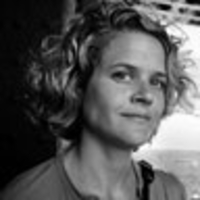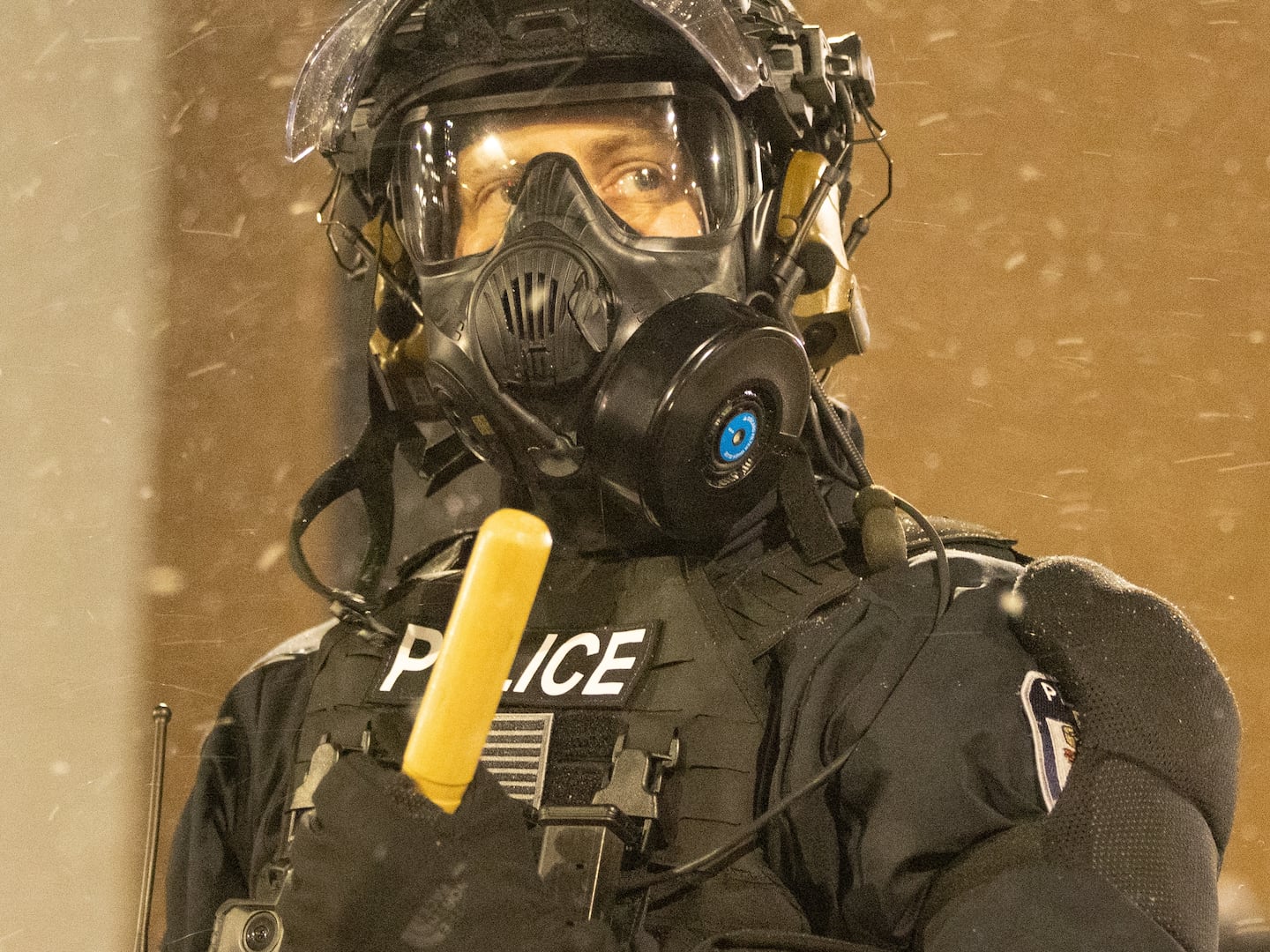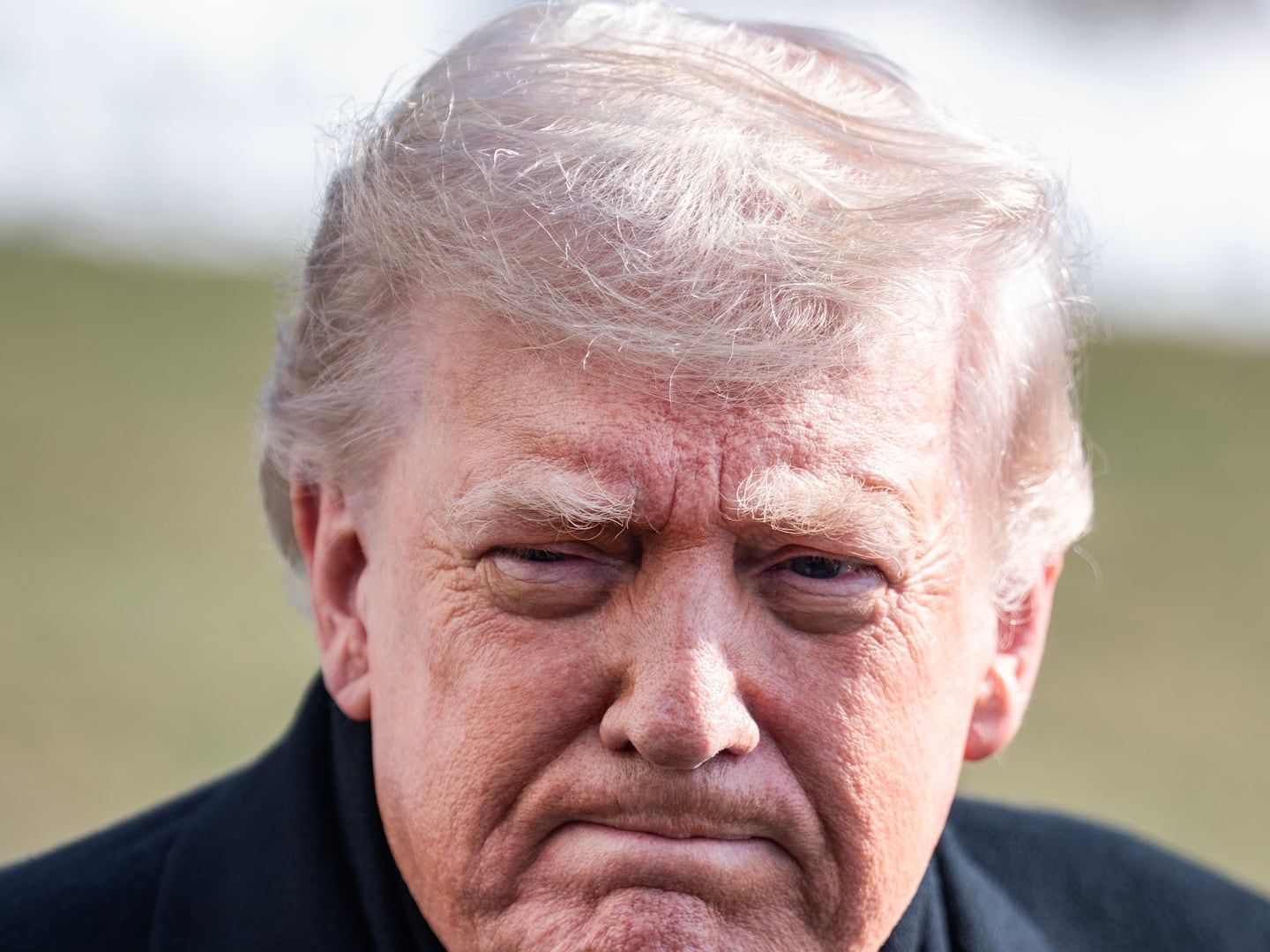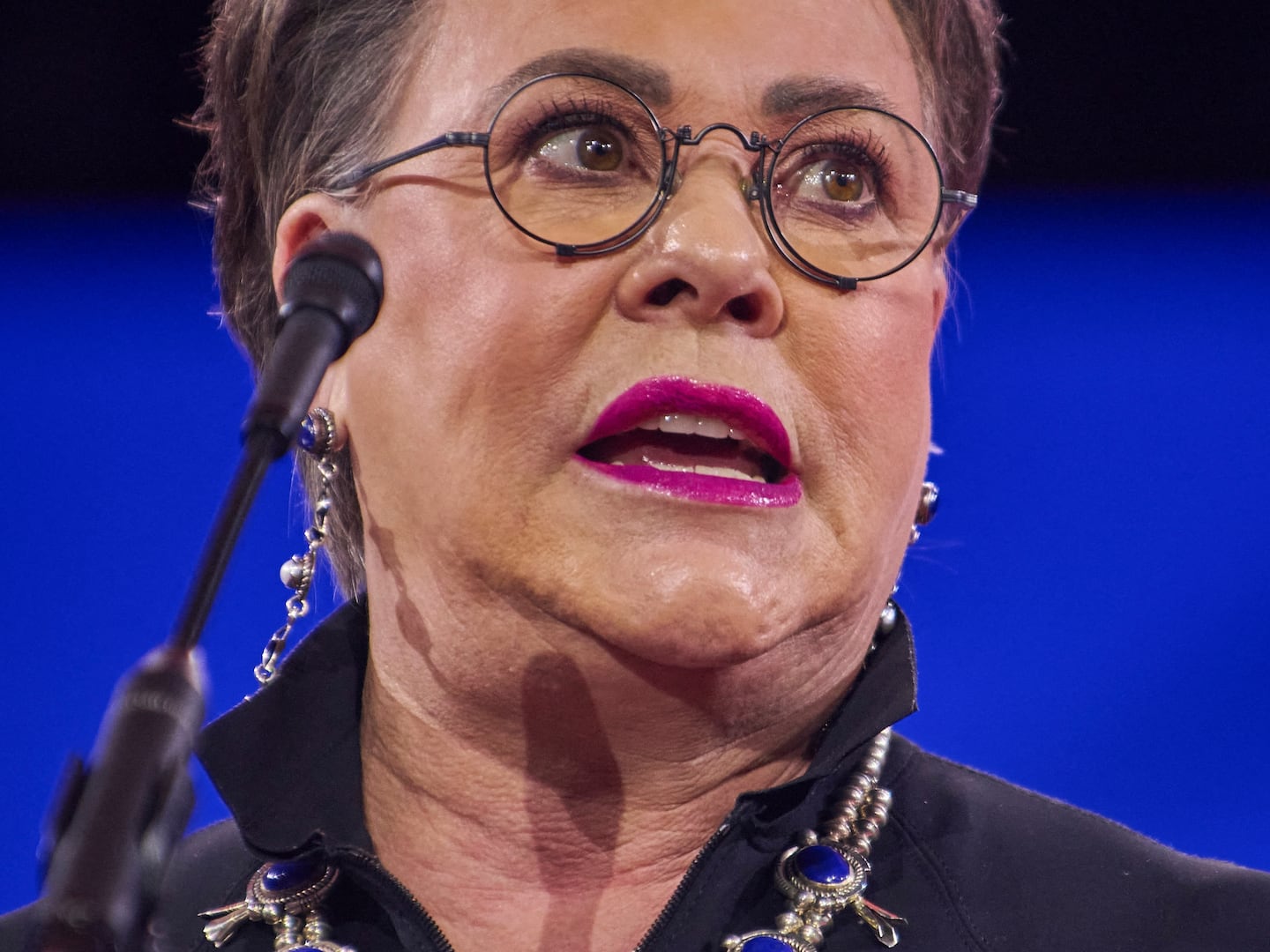
Abu Sayyaf, which means Bearer of the Sword, is a mercenary group of militant thugs more keen on kidnapping for ransom than on any kind of devotion to God. Based in the rainforest jungles of the southern Philippines, they reappeared on the international scene this week with the detonation of a makeshift landmine, which flipped a Humvee and killed two U.S. soldiers—Christopher D. Shaw, 37, and Jack M. Martin III, 26—and a Filipino Marine in a coconut grove on the island of Jolo in the southern Philippines.
Jolo is a tiny remote blip of an island; it is also one of the last strongholds of this group of erstwhile jihadis in the Philippines. But the battle that has been raging here for the past several years between Abu Sayyaf and the American military has been an important one. Not because the death toll is high (these casualties are America’s first in the Philippines since 2002.) And not because America’s actions on Jolo may destabilize the Middle East (as in Iraq) or shake a nuclear weapon free of its silo (as in Afghanistan, Pakistan and India).
The truth is a small handful of violent men will always be able to wage such attacks, and there’s little anyone, including the U.S. military, can do to stop them.
Here, in this jungle backwater, the U.S. has built a laboratory and testing ground for America’s newfangled hearts-and-minds campaign. Over the past several years, out of sight of some of the more visible battlefields, some 600 of America’s elite Special Forces, who, under the terms of a Visiting Forces Agreement signed with the Philippines in 1999, are not allowed to engage in combat, have been waging efforts of a different kind.
Side by side with their Filipino counterparts, the American military has been attempting to use psychological divide-and-conquer techniques to drive a wedge between Jolo’s ethnic Tausig people, one of the poorest and most isolated Islamic communities in the world, and one of their main sources of income: Abu Sayyaf.
Abu Sayyaf began in the 1990s, when its founder, Abdurajik Abubakar Janjalani, returned from waging jihad against the Soviets in Afghanistan. Islamist rebellion in the mostly Catholic Philippines is nothing new, but Janjalani split off from the other pre-existing groups claiming that fighters had to be willing to die for the cause of building a Muslim homeland in the southern Philippines. Since then, the islands to the south have offered a web of jungle hideouts for different al Qaeda-linked groups, including Indonesia’s Jemaah Islamiyah, most infamous for the 2002 Bali bombing that killed 200 people.
But support for such groups has been waning in Southeast Asia, and to make joining Abu Sayyaf less attractive to young men on Jolo (and to show Abu Sayyaf families that the U.S. will help support them), the Americans have run a series of mobile health clinics, provided tractors to farmers who could never have afforded them, built farm-to-market roads, which allow the people of Jolo to travel freely into towns to sell their produce (the roads are also great for intelligence gathering) and built wired schools, bringing the internet, which is powered by solar panels, to the island for the first time in history.
It was while being driven to a building site for one of these schools that the improvised explosive device went off—killing the two Americans and a Filipino Marine, and injuring two others. Abu Sayyaf, it seems, is no fan of the Internet or alternative energy. Critics of the American military presence in the Philippines say that the attack against the soldiers was in retaliation for the fact that the Americans were among a group of Filipino soldiers who fired on a mosque after another roadside explosion about 10 days earlier.
The death of the two American soldiers raises the question: Is the hearts-and-minds campaign really working, and is it worth American lives? What impact are veterinary clinics really having on the hardcore hangers on within Abu Sayyaf?
The truth is a small handful of violent men will always be able to wage such attacks, and there’s little anyone, including the U.S. military, can do to stop them. I am reminded of a statement a U.S. Special Forces commander in the Philippines made to me three years ago as we hovered over Jolo in an American helicopter. “We’ll spill American blood on Jolo,” he said. At the time, I thought it was a bit of bravado. But I was wrong.
Eliza Griswold is a New America fellow and a recipient of the 2010 Rome Prize. Her book, The Tenth Parallel: Dispatches from the Fault Line between Islam and Christianity, will by published by FSG this spring.






